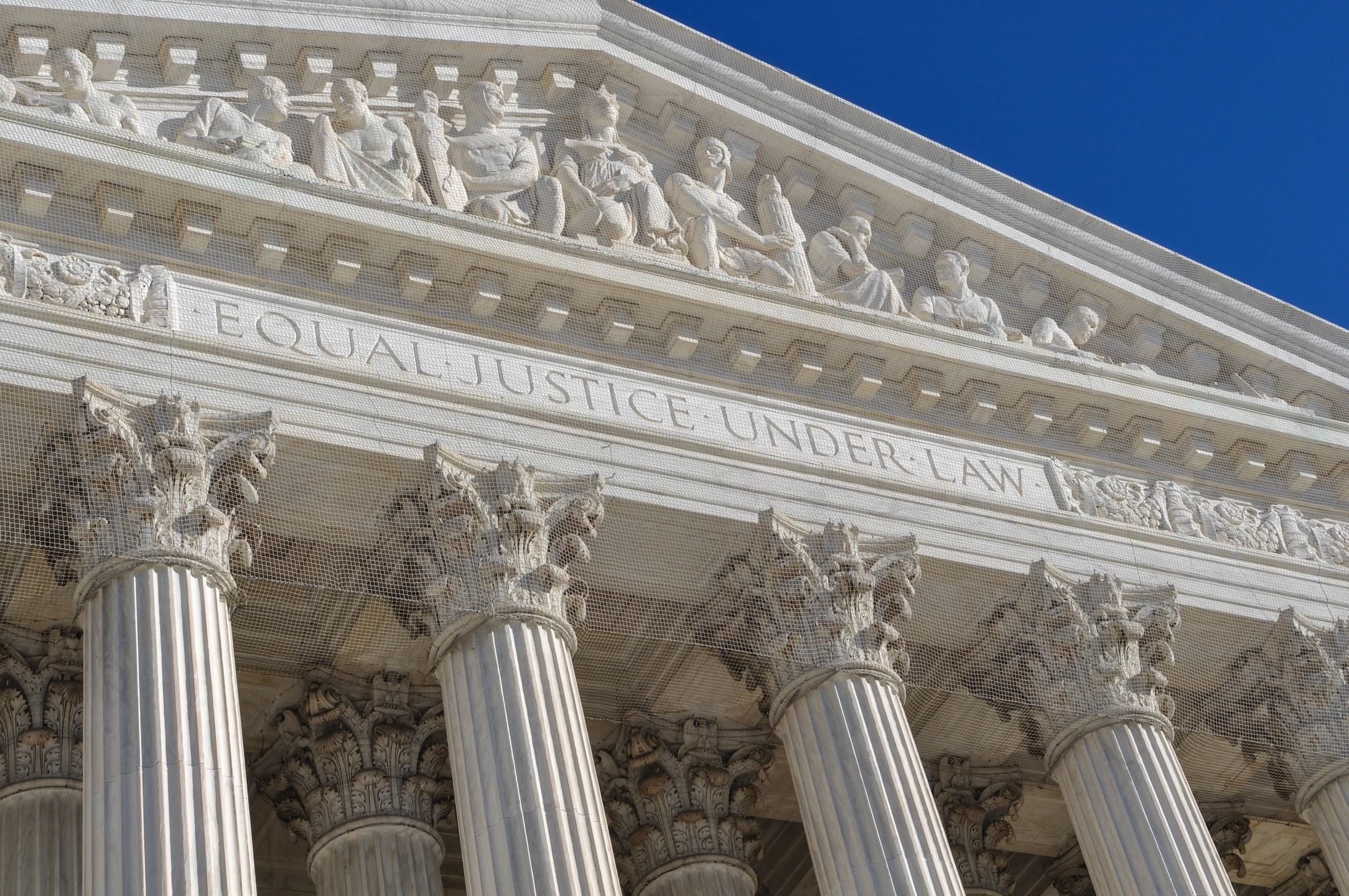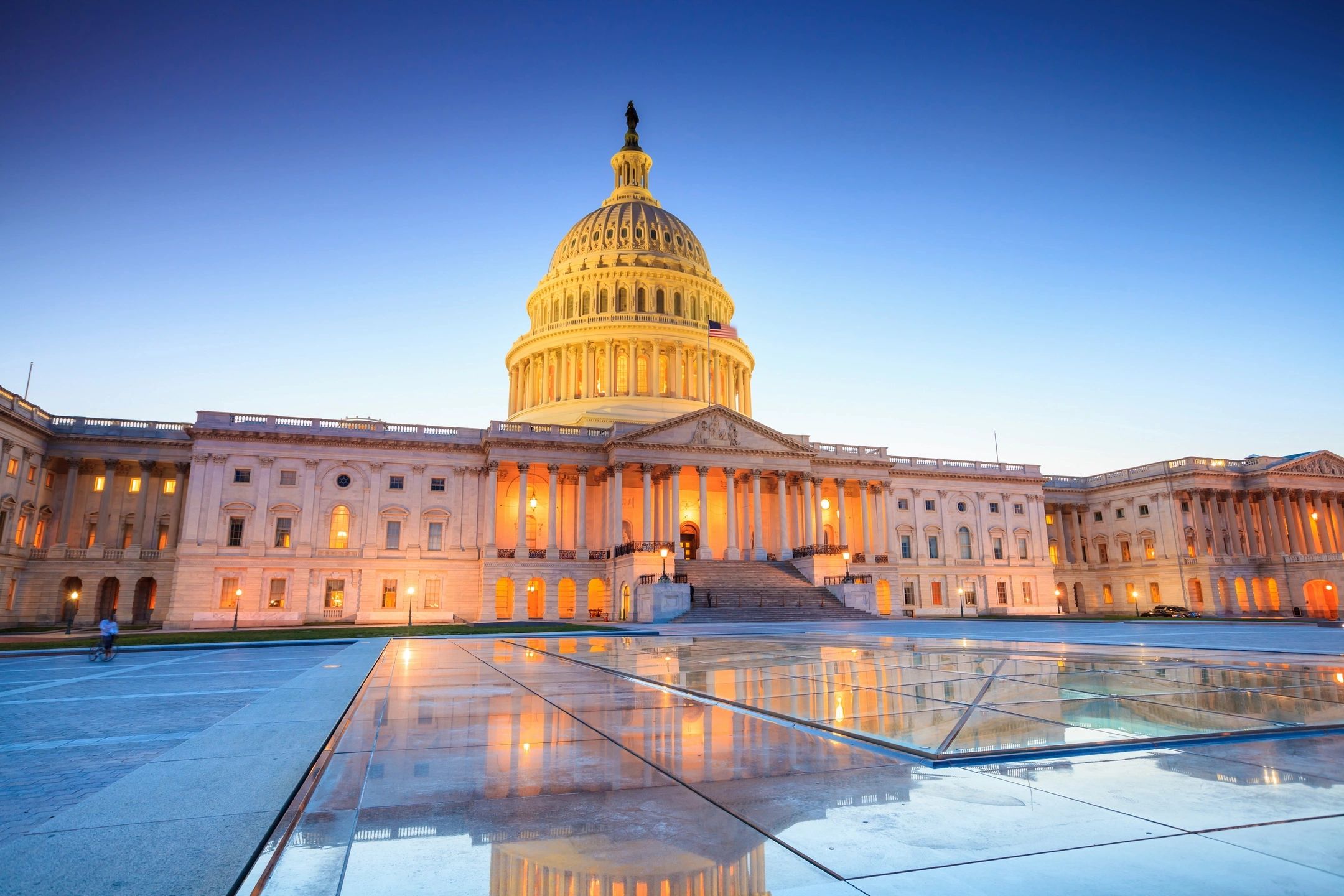Leaders of First Nations convening in Ottawa this week for the election of a new national chief emphasize that the foremost challenge confronting the Assembly of First Nations (AFN) is the imperative to restore cohesion within a divided organization, either through reform or a return to its foundational principles. Throughout the convention center and campaign rooms at the Westin Hotel, a prevalent theme resonates among delegates – the essential call for unity.
“Right now, we’re divided,” said Chief Jamie Wolfe of Muskowekwan First Nation in Saskatchewan as he stood outside the convention centre, where debate over chiefs resolutions was getting heated.
“And that’s not well, when you’re First Nations and you’re all fighting amongst each other.”
The AFN serves as a national advocacy organization for over 630 communities across the country. As of Tuesday, approximately 400 chiefs and proxies had registered to participate in the voting process.
RoseAnne Archibald, who was elected in 2021, made history as the AFN’s first female national chief. However, in July of this year, she became the first national chief to be officially voted out of office.
The candidates vying to succeed her are Reginald Bellerose, Craig Makinaw, Sheila North (Wikahsko Iskwew), David Pratt, Dean Sayers, and Cindy Woodhouse. The eventual winner must secure a 60% majority among those registered to vote.
Wolfe supports the former chief of his community, Bellerose, who was the runner-up in 2021. According to Wolfe, Bellerose’s 17-year tenure as chief of Muskowekwan demonstrates his capability to address substantial issues and propel the assembly forward.
“He drove our nation forward when it comes to economic development, child welfare, education, health and social development,” said Wolfe.
Tara Cutarm, hailing from Ermineskin Cree Nation in Alberta, is actively advocating for the election of Makinaw. As a former chief of the community and a former AFN regional chief for Alberta, Makinaw holds significant experience in leadership.
“He knocks at those doors. He’s at those tables,” she said.
“Where other nations don’t have the ability to do that, he speaks up and he stands up and advocates for them.”
Similar to others, Cutarm perceives the primary concern confronting the assembly as the insufficient enthusiasm among its own members.
.”We don’t have a lot of confidence and faith in the way the AFN is currently operating, and we don’t feel it really represents us,” said Crowfoot.
Considering that his First Nation is among the largest in Canada in terms of both land and population, he emphasizes the need for an overhaul of the AFN’s one-chief, one-vote system. He argues that the current system, where chiefs from small communities have an equal say as those from larger ones, is inequitable.
Rudy Turtle, chief of Grassy Narrows First Nation in Ontario, is inclined towards supporting Pratt, the first vice-chief of the Federation of Sovereign Indigenous Nations in Saskatchewan, and Sayers, the longstanding chief of Batchewana First Nation in Ontario.
Turtle’s voting preference is aligned with candidates who are committed to standing with the First Nations in his region that oppose mining and industrial development on their land.
“We’re very concerned about the environment. I think that’s our top priority, but also probably housing and social issues,” Turtle said.
He is of the opinion that the AFN falls short of the aspirations First Nations held for it when it was established in 1968 to counter Pierre Trudeau’s notorious White Paper policy plan, which sought to assimilate First Nations into mainstream Canadian society.
“I would like to see them go back to political advocacy and speaking up for our people, especially when it comes to defending our rights,” he said.
Lynn Acoose, chief of Zagime Anishinabek in Saskatchewan, endorses Sayers due to his previous contributions to the AFN’s charter renewal committee. This committee is responsible for fulfilling the financial review mandated by Archibald.
“The grassroots people are always asking for transparency,” Acoose said.
Dylan Whiteduck, chief of Kitigan Zibi Anishinabeg in Quebec, shared that he and his council thoroughly reviewed all campaign documents and determined that Woodhouse presented the most robust platform. However, with no distinct frontrunner, he anticipates a closely contested race.
“I’m not saying that she’s a shoo-in to win. She is a strong candidate and there’s other strong candidates as well,” he said.
“I think we’re going to be stuck with three people at the very end and we’re going to have to figure it out.”
Lance Copegog, a participant in the youth council for the Anishinabek Nation advocacy organization in Ontario, acknowledges that recent events have understandably sparked questions about the assembly. Nevertheless, he perceives an opportunity to demonstrate to the youth and grassroots individuals that the organization holds genuine significance.
“Today’s youth leaders are vocal, and the AFN must work with them to match the progress,” said Copegog, who is from Beausoleil First Nation in Ontario.
“There’s a lot of work that needs to be done to rebuild trust and demonstrate that the AFN has a role to play in the lives of First Nations people.”



